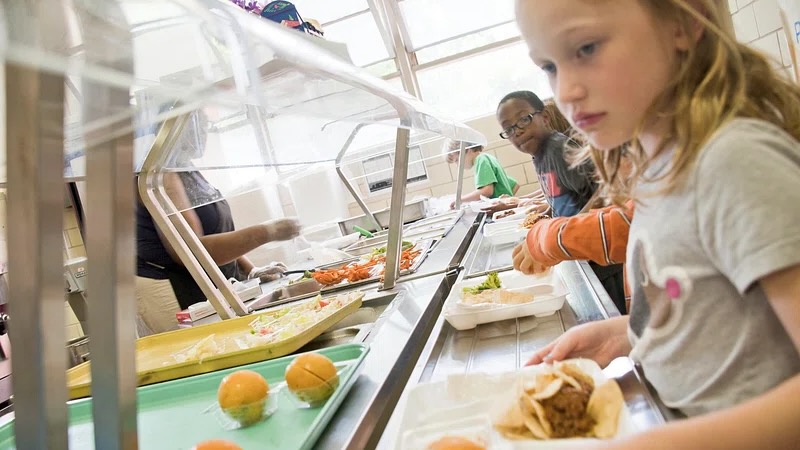Prime Minister Justin Trudeau made a fantastic choice in investing in the health of Canadian children through the new National School Food Program.
The welcome initiative aims to allocate one billion Canadian dollars towards schools and students, providing over 400,000 children with meals annually. However, this marks only the beginning of Canada’s efforts to tackle food insecurity.
Catherine Parsonage, CEO of the Toronto Foundation for Student Success, said the Liberal government initiative is one step in the right direction.
“Without a doubt, student nutrition programs and access to healthy food at school is a key support if we want Canadian children to thrive,” she said.
Parsonage said many steps still must be taken to reach a larger community.
“No one government will be able to nourish Canadian children alone,” she said. “We need our provincial government participation, we need our municipalities, we need our private sector, we need our donors, we need our parents.”
Parsonage said the country cannot leave any child out of the picture and there is still lots of work to be done to ensure no child goes hungry.
I agree with her. We must take more action to ensure that no child is left wondering whether or not they will have food throughout their day.
I was privileged enough always to have lunch at school, whether my parents had packed it for me or my lunch account had funds readily available. This is not every child’s reality.
Statistics Canada reported in a November 2023 study, that 18 per cent of Canadian families experienced food insecurity in the previous 12 months, up from 16 per cent in 2021.
With the CPI rising each year, families have to sacrifice to make ends meet.
Statistics Canada said there was the largest increase in food inflation in more than 40 years in 2022,
“The year-over-year inflation rate jumped from 1.0 per cent in January 2021 to 4.8 per cent in December 2021,” the organization reported. “Meanwhile, the annual rate of food inflation increased from 1.0 per cent to 5.2 per cent over the same time period. Prices continued to rise and in June 2022, the overall inflation rate was 8.1 per cent and food inflation, in particular, was 8.8 per cent.”
Gail Kardish, a registered dietitian in Toronto, said many young Canadians have developed an eating disorder through food insecurity.
She said she worked with one woman in particular who grew up with food insecurity, and it impacted her relationship with food long after her childhood.
“It became a very complicated relationship,” she said. “It was just like you ate what you can when you could kind of thing.”
Kardish said she believes with a proper relationship with food, children would have a better relationship with themselves and work smarter and harder academically.
“It’s not just from an eating disorder perspective, but in school, they won’t be hungry, they’ll feel hopefully more confident with themselves,” she said.
Parsonage said she hopes the National School Food Program offers healthy and nutritious alternatives and paves the way for more work to be done for student health and well-being.
“I think we have a long way to go and there’s lots to work with. to be done, but I do know that there are people and advocates and organizations right across the country that are standing ready, willing, and able to work alongside our provinces and our territories as they implement the National School Food Program,” she said.

